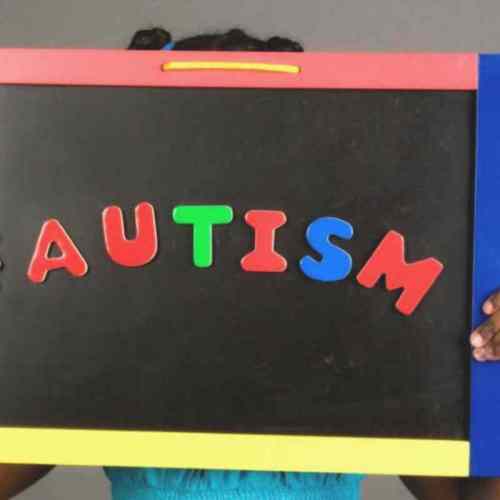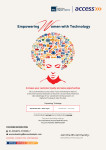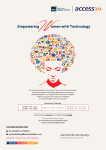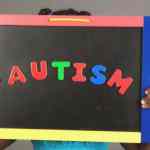World Autism Awareness Day is an internationally recognised day that holds on the 2nd of April every year. It raises awareness of issues surrounding people, particularly children, with autism worldwide. The theme this year is “empowering women and girls with autism”
In November 2017, the United Nations General Assembly adopted a resolution drawing attention to the particular challenges that women and girls with disabilities face. The resolution expresses concern that women and girls with disabilities, are subject to numerous forms of discrimination. These discriminations limit their enjoyment of all human rights and fundamental freedoms.
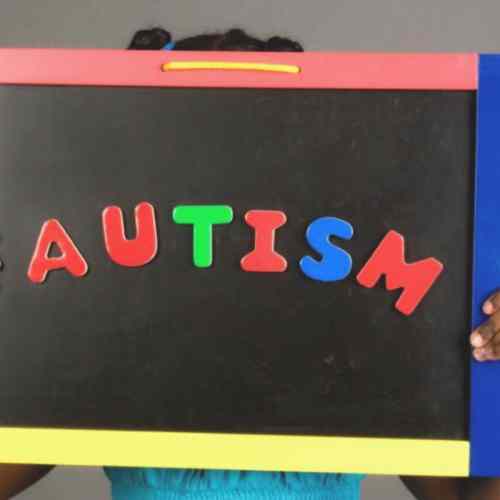
On World Autism Awareness Day, United Nations Secretary-General António Guterres joins the global call to spotlight the need to empower women and girls with autism and involving them and their advocates in policy and decision-making to address the discrimination and other challenges they face.
According to him – “They face barriers to accessing education and employment on an equal footing with others, denial of their reproductive rights and the freedom to make their own choices, and a lack of involvement in policy making on matters that concern them,”
Furthermore, he emphasizes that “our work for gender equality and women’s empowerment must reach all the world’s women and girls,” as the international community’s efforts to achieve the Sustainable Development Goals (SDGs) must uphold the 2030 Agenda’s core promise to leave no one behind.
Other Challenges
- Girls with disabilities are less likely to complete primary school. They are also more likely to be marginalized or denied access to education.
- Women with disabilities have a lower rate of employment than men with disabilities and women without disabilities.
- Globally, women are more likely to experience physical, sexual, psychological and economic violence than men. In other words, women and girls with disabilities experience discrimination and stigma based on both gender and disability.
- The World Health Organisation’s research shows that autism may significantly limit an individual’s ability to participate in society. This means that those on the autism spectrum, especially on the low-functioning end, may struggle to find work, a meaningful social life, and education.
Ways to Empower Women and Girls with autism
- “On World Autism Awareness Day, let us reaffirm our commitment to promote the full participation of all people with autism, and ensure they have the necessary support to be able to exercise their rights and fundamental freedoms,” United Nations Secretary-General António Guterres
- We need to recognize women and girls with autism. A detailed article by Fabienne Cazales explains how women with autism may not be easily diagnosed because they sometimes have “invisible disability”, their signs are less obvious. As adults, some autistic women can become highly skilled in the art of camouflage.
- Raising awareness about autism can help educate people on how to better integrate autistic people into society. This can help lessen the stigma and discrimination that autistic people face.
- Special events such as specially-tailored cinema screenings and quiet-hours in supermarkets can help those with autism.
- Families of those with autism spectrum disorders can suffer emotional and financial burden without proper support. Access to services and support to help care for autistic people can be expensive and difficult. Helping caregivers financially and emotionally can make the world of difference to helping those on the autism spectrum.
Never forget that “little drops of water make a mighty ocean”. Gestures as simple as the occasional word of encouragement, a listening ear, a praying mouth and introducing autistic women and girls to other influential autistic women as role models will go a long way in empowering them.
